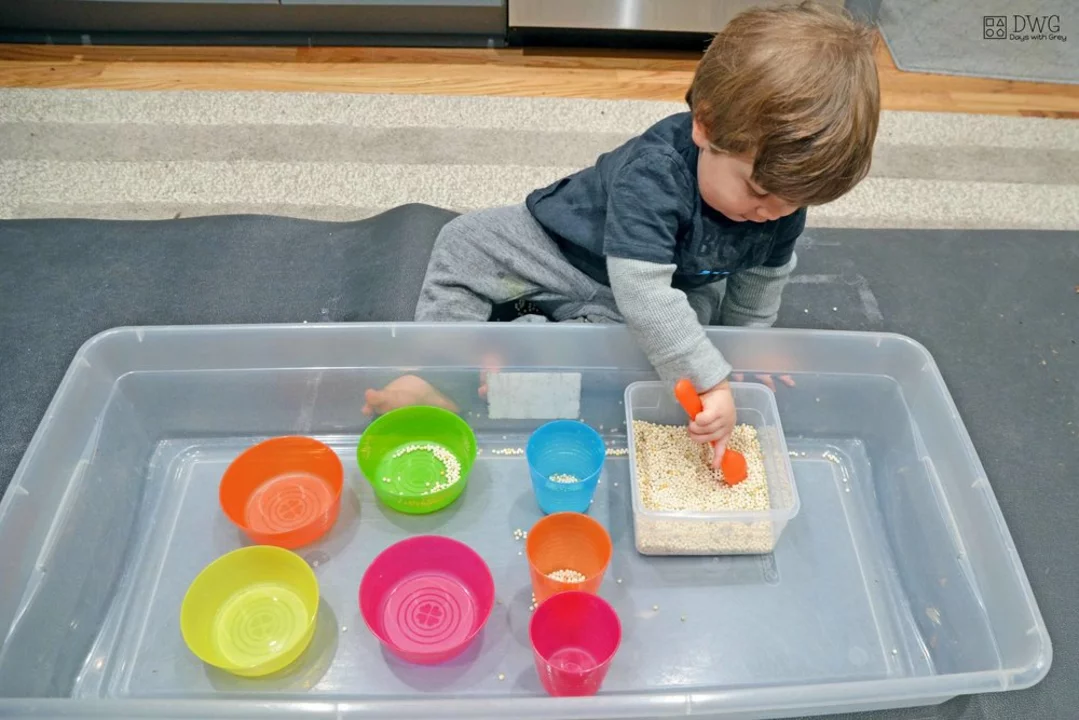Child Health: Simple, Practical Steps Every Parent Can Use
Want quick, useful ways to boost your child's health? Two things matter most early on: how they move and how they explore the world. Sensory play helps babies learn about their bodies and thinking, while watching for muscle problems can catch issues early. Below are clear, everyday steps you can use right now.
Sensory play is any activity that uses touch, taste, smell, sight, or hearing to help a baby explore. It doesn’t need fancy toys. A textured cloth, a shallow bowl of water for splashing, or a rattle you already own all work. These activities help fine motor skills, hand-eye coordination, and attention. Try 10–15 minutes a day of focused play: put a few safe items on a blanket, talk about each one, and let your baby touch and mouth them under supervision.
Safety first: avoid small parts, watch for choking risks, and keep snacks and toys separate. Rotate items every few days to keep curiosity high. If your child seems overwhelmed—turning away, crying hard—slow down and try one texture or sound at a time. For a deeper read on activities and how they help, see our post “The Importance of Sensory Play in Infancy: Encouraging Exploration.”
Watch for muscle warning signs
Not every muscle ache is serious, but some signs deserve quick attention. Look for persistent muscle weakness, frequent falls, trouble sitting up or crawling on time, limpness, or losing previously gained skills. Kids with muscular dystrophy or nerve disorders often show gradual weakness, unusual gait, fatigue after short play, or tightness in calves and thighs.
If you notice any of those signs, jot down when they started and what you see—how they move, when they tire, and whether one side seems weaker. Bring that list to your pediatrician. Expect a basic exam and possibly blood tests, imaging, or a referral to a pediatric neurologist or physical therapist. Early therapy—like guided exercises and mobility support—can make a big difference. Read our post “Skeletal Muscle Conditions in Children: What Parents Need to Know” for details on symptoms and next steps.
Practical steps you can use today
Build a simple daily routine: 10–15 minutes of tummy time or supervised floor play for infants, varied sensory items, and a short walk or active play for older kids. Encourage crawling and cruising—these are huge for coordination. Keep nutrition simple and solid: protein-rich meals, vitamin D (ask your pediatrician), and steady hydration. Track milestones—rolling, sitting, crawling, walking—and mention any delays at checkups.
When to act fast: sudden loss of skills, severe weakness, breathing trouble, or constant pain need immediate medical attention. For less urgent issues, your pediatrician can guide tests and referrals. We also cover inexpensive medication and supplement options on BuyLowDrugs.com, but always check with a doctor before giving anything new.
Use these tips as a starting point. Sensory play and early movement support both the brain and body, and watching the signs means you catch problems early when help works best. Read the linked posts and talk to your pediatrician if anything feels off—small steps now pay off later.
How to Track Pediatric Doses with Apps and Dosing Charts
- Robin Tudge
- December 24, 2025
- 12 Comments
Learn how to safely track pediatric doses using trusted apps and dosing charts. Avoid dangerous errors with tools proven to cut mistakes by 43%-and what to watch out for at home and in the clinic.
read moreThe Importance of Sensory Play in Infancy: Encouraging Exploration
- Robin Tudge
- June 12, 2023
- 15 Comments
Sensory play is crucial for infants as it helps them explore and understand their world through touch, taste, smell, sight, and hearing. By engaging in these activities, babies develop their fine motor skills, problem-solving abilities, and cognitive growth. As a blogger, I've seen how sensory play can spark curiosity and creativity in little ones, while also fostering social skills and emotional well-being. I encourage parents to incorporate sensory play into their child's daily routine to support their overall development. Let's provide our infants with a rich and stimulating environment that encourages exploration and discovery!
read moreSkeletal Muscle Conditions in Children: What Parents Need to Know
- Robin Tudge
- May 6, 2023
- 18 Comments
As a parent, it's essential to be aware of skeletal muscle conditions that can affect children. These conditions can range from muscular dystrophies to nerve disorders, and early detection is crucial for proper treatment. It's important to recognize symptoms such as muscle weakness, pain, and delayed motor skills. Parents should consult a pediatrician if they notice any concerning signs in their child. By staying informed, we can help our children live healthier lives and manage any potential muscle-related issues.
read more


